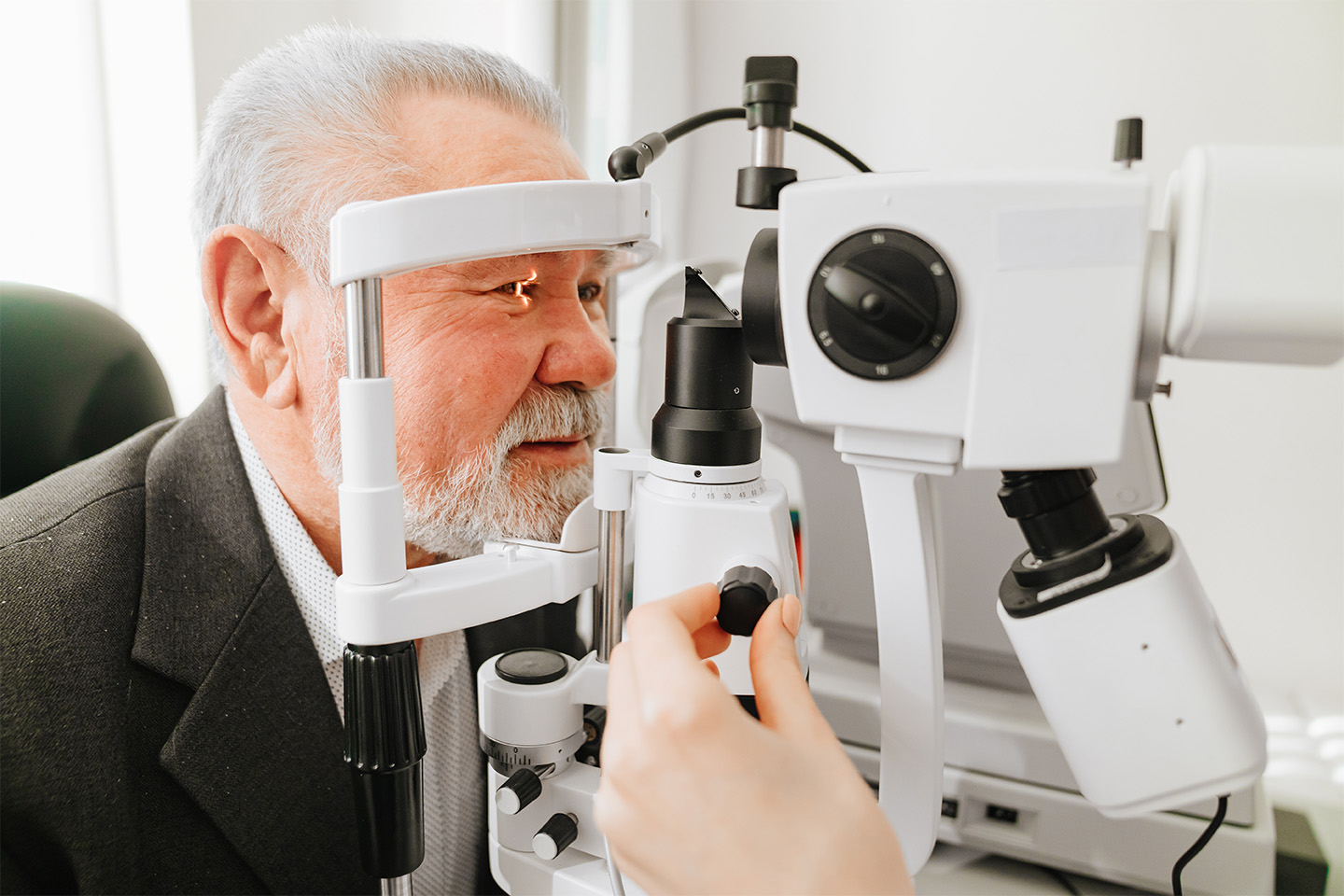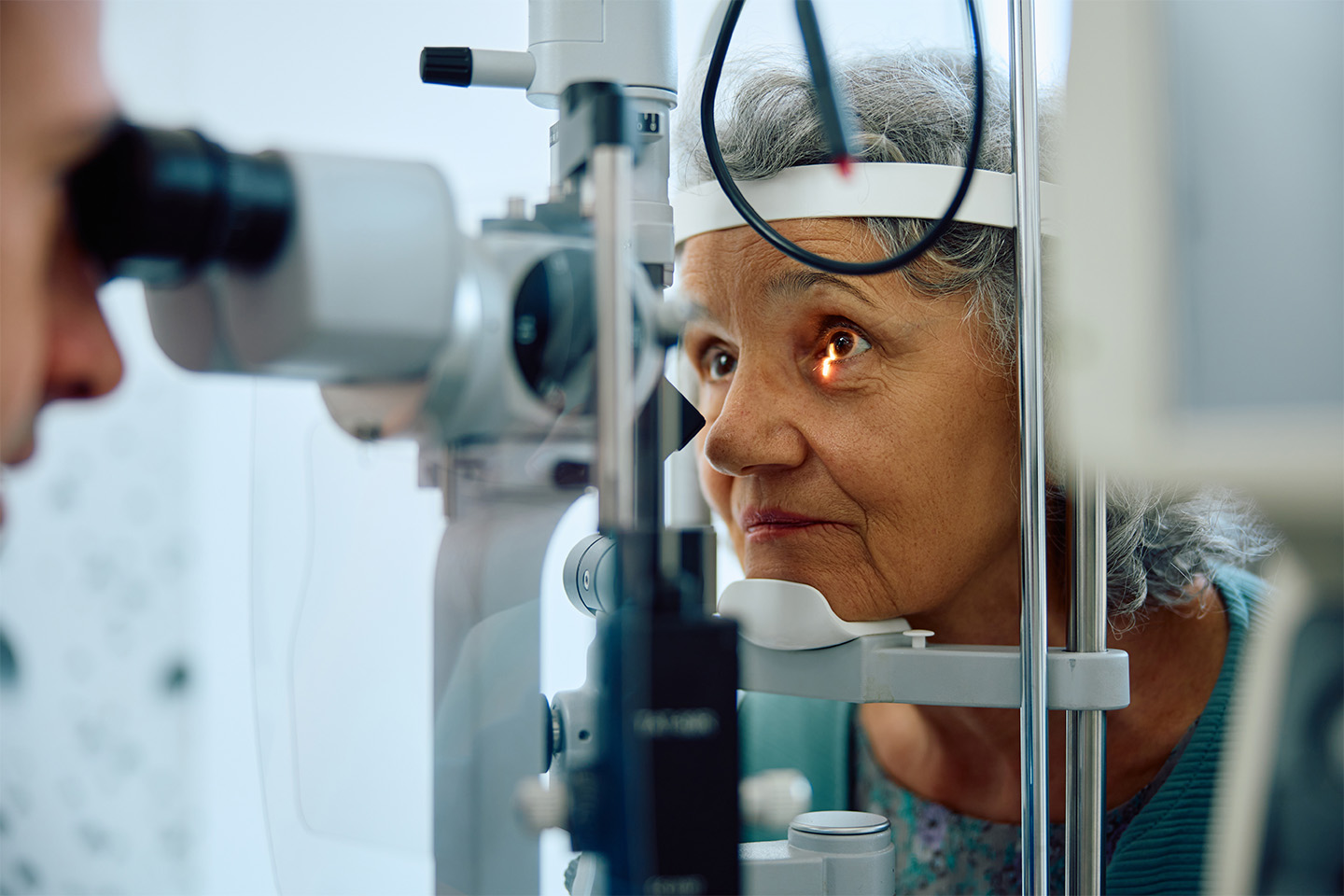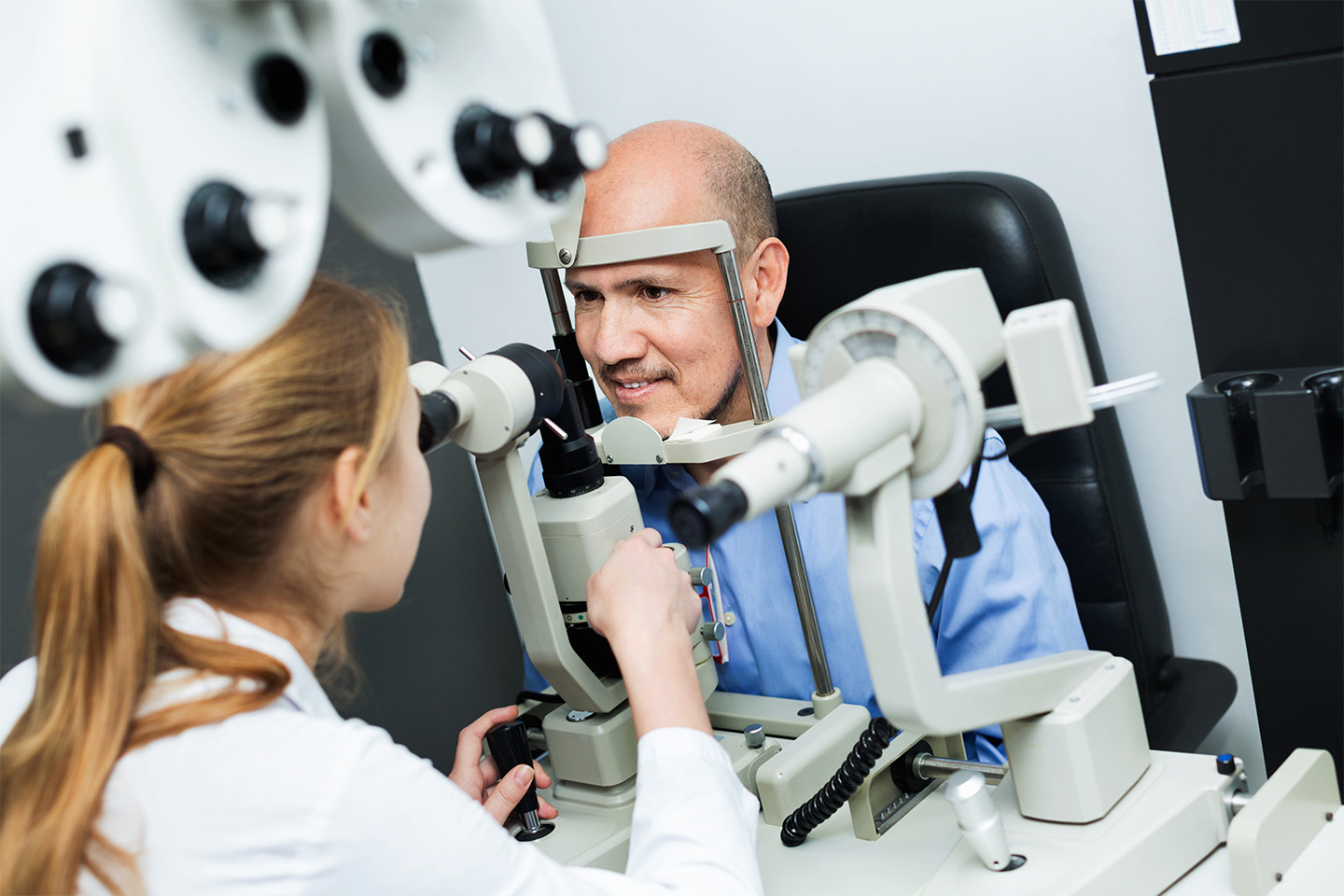5 Common Eye Problems in Colorado

Colorado’s beautiful sunny skies and easy access to the Rocky Mountains offer a lot to see, but a climate that’s tough on the eyes. The ultraviolet light from the sun at a mile or more in altitude presents risks to both the cornea at the front of the eye and the retina at the back. Dry air and wind disrupt the eye’s natural self-protection. Here are five common eye problems that people in Colorado experience and that leading eye care specialists in Colorado at ICON Eyecare can treat with skill and care.
1. Dry Eyes
![]()
Symptoms
- Scratchy eyes that feel like there are particles in them
- Stinging or burning sensation in the eyes
- Sudden sensitivity to light
- Watery eyes
- Tired eyes
- Urge to blink and moisten eyes
Causes
- Improper tear composition
- Medication side effects
- Diseases like rheumatoid arthritis
- Eyelid malfunction
- Tear gland problems
- Aging
The symptoms and causes of dry eyes make it a challenging condition to treat. Dry eyes can make daily life miserable, with symptoms that closely parallel those from lack of sleep or long hours of studying. This condition is caused by physiological issues, medication side effects, and anatomical problems that need to be addressed specifically.
Treatment Options
Treatment requires a thorough understanding of the role of tears in maintaining the health and comfort of the eyes. ICON Eyecare ophthalmologists may recommend artificial tears for temporary relief, but they have the experience to target treatments at tear duct, eyelid, and other concerns for long-term relief.
Summary
Dry eyes occur when your tears aren’t providing enough moisture to keep a comfortable tear film in place protecting your eyes. Treatment ranges from recommending over-the-counter artificial tears to addressing the underlying cause with medication, eyelid or tear duct surgery, or even light therapy with eyelid massage.
2. Refractive Errors
![]()
Symptoms
- Blurred vision
- Double vision
- Glare, haziness, or halos, especially in bright light
- Eye strain
- Headaches
- Squinting
Causes
- Elongated eye shape (myopia)
- Shortened eye shape (hyperopia)
- Cornea shape
- Weak eye muscles involved in focusing
- Structural problems with the retina where the image forms
Refractive errors result in poor vision quality due to problems focusing images on the retina at the back of the eye.
Treatment
Squinting to improve the situation can result in discomfort, but simple glasses or contact lens prescription can make a big difference. ICON also offers high quality LASIK eye surgery in Colorado resulting in excellent vision without corrective lenses for sports and exploring the great outdoors.
Summary
Refractive errors can result from eye shape or cornea shape, and result in poor vision and headaches from trying to focus, unsuccessfully. The solution is usually to provide corrective lenses or refractive surgery to improve eye focus.
3. Cataracts
![]()
Symptoms
- Cloudy or blurry vision
- Poor night vision
- Fading or yellowing of colors
- Needing more light for close vision, like reading
- Glare and sensitivity to bright lights
- Double vision in one eye
- Seeing “halos” around bright lights
Causes/Risk Factors
- Natural “clumping” of proteins in the lens of the eye resulting in cloudiness over time
- Age
- UV exposure
- Diabetes and certain other medical conditions
- Overall eye health
Cataracts usually develop with age, and are extremely common after age 80, with the cloudiness in the eye’s lens obscuring vision.
Treatment Options
Simple surgery to remove and replace the lens is the standard treatment. Patients can choose among a range of lens replacements or IOLs. As part of cataract surgery in Colorado, ICON Eyecare’s expert surgeons provide even trifocal IOLs for a broad focal range without glasses.
Summary
Cataracts are a common part of aging, as the eye’s lens becomes cloudier over time. Lens replacement surgery is an effective solution, restoring vision and even offering improved vision with modern replacement lenses.
4. Glaucoma
![]()
Symptoms
- High eye pressure (IOP) may be the only early sign
- Slow peripheral vision changes occur
- Sudden, severe eye pain can be a symptom of acute glaucoma
- Nausea and vomiting also can indicate an acute condition
- Blurred vision, visual disturbances, halo effects can also be symptoms of acute angle-closure glaucoma
Causes/Risk Factors
- Increased eye pressure (IOP)
- Structure issues in the eye including a sensitive optic nerve and thin corneas
- Eye trauma history
- Hypertension, heart disease, diabetes
The symptoms of glaucoma progress slowly and aren’t noticeable until significant damage is done. A less common but acute version produces sudden vision changes and requires immediate treatment. Glaucoma produces damage to the optic nerve that results from increased eye pressure (IOP), worsened by risk factors.
Treatment
Ongoing daily eye drops provide a common solution for the increased pressure, but treatments can include laser surgery, systemic medication, and other surgical techniques. The eye doctors at ICON Eyecare have extensive experience with providing the most effective solution for glaucoma patients to help preserve their vision.
Summary
Glaucoma usually goes undetected until an eye exam reveals high eye pressure, as the vision changes occur later in the condition’s progression. Once glaucoma is diagnosed, treatment focuses on reducing eye pressure, or IOP, using eye drops, surgery, and other targeted strategies.
5. Macular Degeneration
![]()
Symptoms
- Symptoms
- Loss of central vision
- Blurry or wavy vision
Causes/Risk Factors
- Family history and genetics
- Eye trauma
- Most is age-related macular degeneration
- Smoking
- Poor overall health
Age-Related Macular Degeneration (AMD) is a hereditary condition with early symptoms including new floaters, peripheral vision changes, and wavy vision followed by loss of central vision. Genetics is the main cause, but risk factors such as smoking can accelerate the progression.
Treatment
Treatments for macular degeneration are aimed at slowing the progression of the condition. The top eye doctors at ICON Eyecare have a range of novel strategies available, from laser surgery to replacement of eye fluid and injectable medications.
Summary
Macular degeneration is a progressive, hereditary condition that leads to the loss of central vision and limits many activities in daily life. Many treatments have been developed to attempt to slow the progression of the condition, mostly by inhibiting the changes in the retina that result in vision loss.









